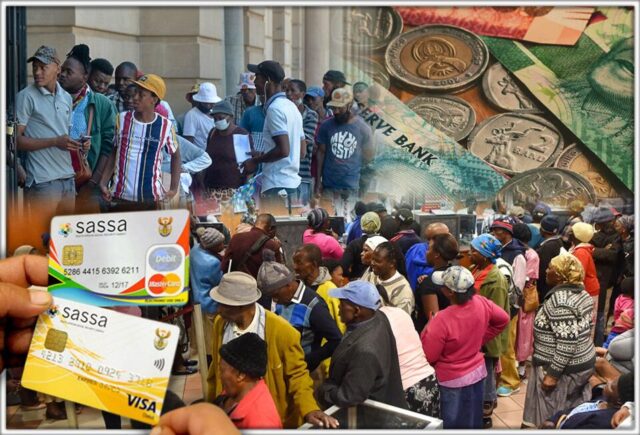As the country prepares to honour Nelson Mandela with acts of service and donations to communities in need, President Cyril Ramaphosa has warned against labelling social assistance programmes as “breeding dependency”.
AS THE country prepares to honour Nelson Mandela with acts of services and donations to communities in need, President Cyril Ramaphosa has warned against labelling social assistance programmes as “breeding dependency”.
In his weekly newsletter, Ramaphosa said that while some people referred to the various forms of support to poor people as “handouts” or as a wasteful drain on the country’s fiscus, government’s social support programmes are an investment in South Africa’s people.
“It is not correct to say that these programmes breed dependency or discourage people from looking for jobs,” he said.
A recent World Bank assessment noted that grant and social assistance systems play a critical role in mitigating poverty.
The report found South Africa’s systems and programmes to be “effective, well-targeted and providing sizeable benefits to the poorest households”, Ramaphosa said.
“In everything we do this month to honour the founding father of our nation, let us recall his observation that, ‘while poverty persists, there is no true freedom’.
“As we work to rebuild the economy, to create more employment and open opportunities for emerging businesses, we will continue to invest in the poorest and most vulnerable in our society. The funds we spend on social protection are not wasted; they make a real difference in people’s lives, both now and into the future.”
Social protection in South Africa goes far beyond the provision of social grants for the elderly, children, people with disabilities and military veterans, Ramaphosa said.
He added that it goes beyond the work of the Unemployment Insurance Fund, which provides income support for unemployed workers, or the Compensation Fund, which supports those involved in workplace accidents.
“It encompasses all support provided to South Africans, mainly the poor, through what has become known as the ‘social wage’. This includes the provision of free basic services, health care, basic education, higher education, social housing and transport.”
When debt servicing costs are excluded, around 60% of the government’s budget is spent on the social wage. That is money spent on alleviating poverty and meeting people’s developmental needs.
To put this into context, the government is funding free basic services to just over 11 million households. This enables poor people to access electricity, water, sanitation and other services.
Ramaphosa said, therefore, policies and programmes need to work together to build an inclusive economy and provide social protection to the poor and unemployed.
“A growing economy provides the funds we need to strengthen our social protection measures, while the support that poor people receive, especially in access to education and health, enables them to better contribute to the economy.
“Because expansion of social protection can only take place at the pace and scale the fiscus can afford, we are focused on growing our economy and developing sustainable solutions to support pro-poor spending.
“Through an integrated and comprehensive system of social support, we are not only meeting our collective responsibility to the most vulnerable in society. We are also investing in our country’s future.”








